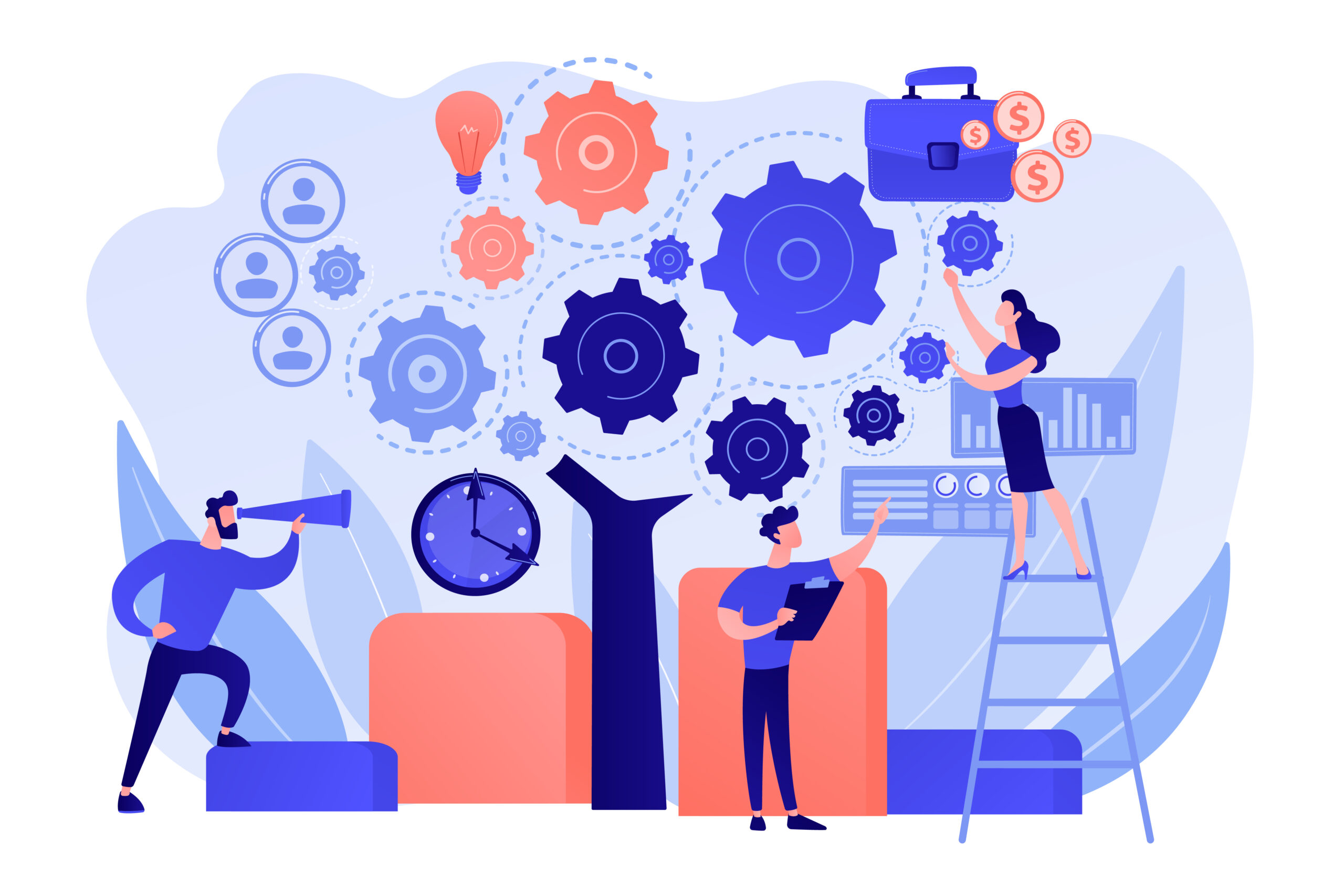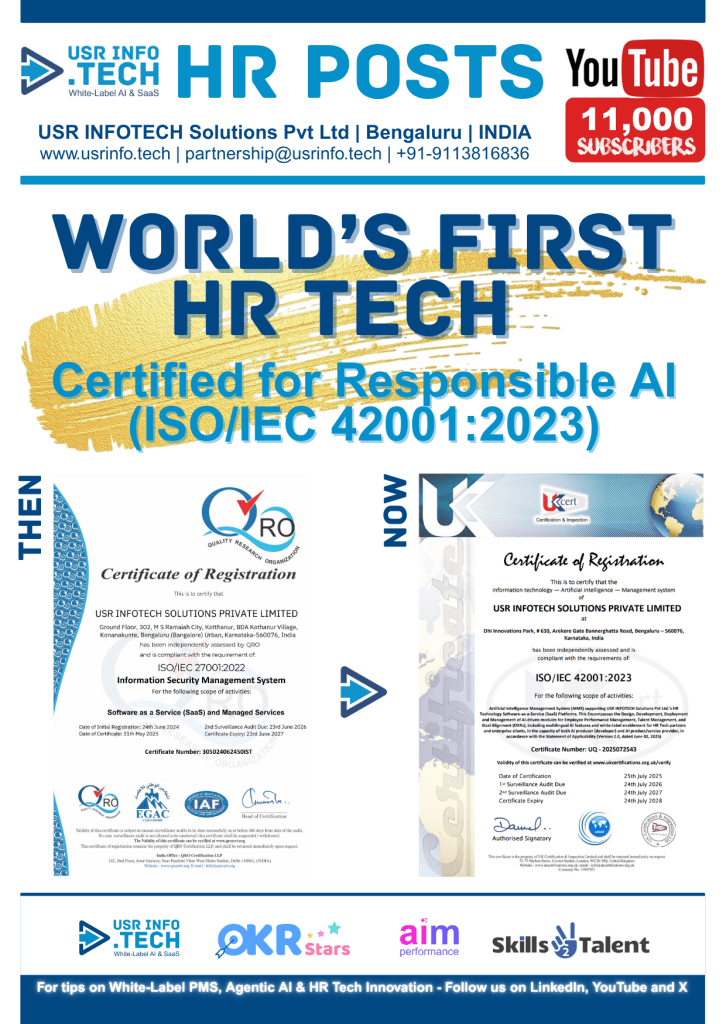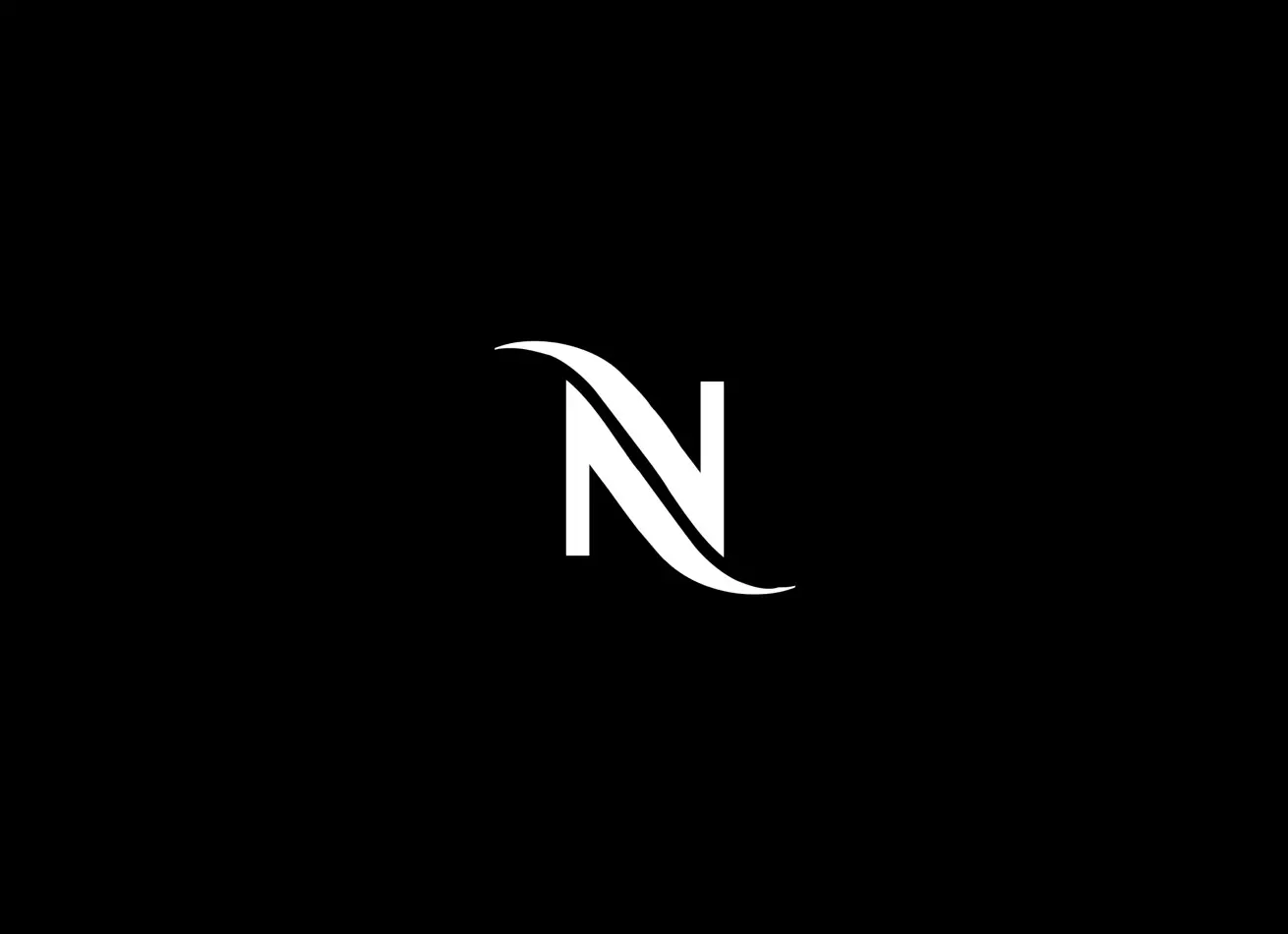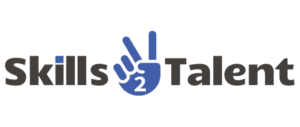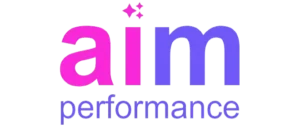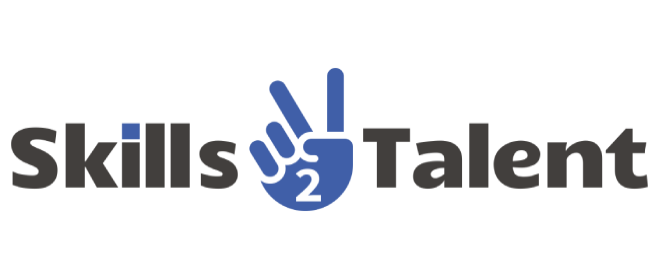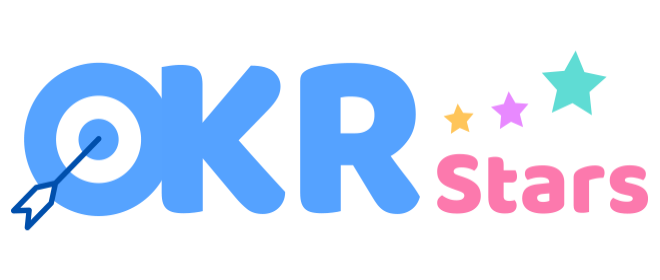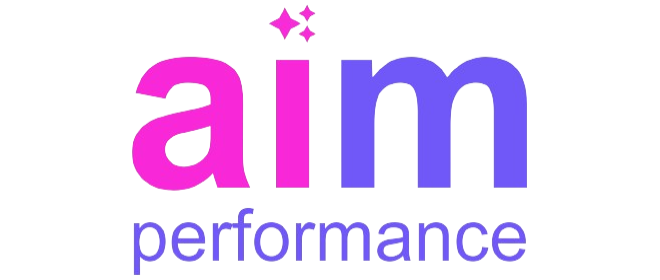In today’s fast-evolving industrial landscape, the blue-collar workforce plays a critical role in ensuring operational success. However, with the rise of automation, shifting market demands, and skill shortages, organizations must invest in multi-skilling strategies. Performance management systems (PMS) serve as a powerful tool in achieving this goal. This blog will explore how performance management helps organizations foster multi-skilling among their blue-collar employees, ultimately driving productivity and growth.
Understanding Multi-Skilling in the Blue-Collar Workforce
Multi-skilling refers to training employees to perform a variety of tasks across different roles. For blue-collar workforce, this can mean learning new machine operations, maintenance techniques, or even safety protocols. But why is this crucial?
Industries like manufacturing, construction, and logistics often face fluctuating workloads and unexpected operational challenges. A multi-skilled workforce provides flexibility, ensuring continuity and efficiency in operations. Moreover, employees benefit from enhanced job security, greater employability, and personal growth.
The Role of Performance Management in Multi-Skilling
Performance management is more than just monitoring and evaluating employee output; it is a strategic tool for growth. By identifying skill gaps through regular assessments, organizations can tailor training programs that align with individual and business needs.
For instance, performance reviews can highlight an employee’s proficiency in their current role while revealing areas where they could expand their expertise. Setting performance goals tied to multi-skilling encourages employees to take ownership of their development.
Goal Setting: Laying the Foundation for Skill Expansion
Clear, actionable goals are at the heart of effective performance management. When it comes to multi-skilling, these goals should focus on acquiring new competencies and applying them in practical settings.
Using frameworks like OKRs (Objectives and Key Results) or SMART Goals, managers can set specific targets, such as mastering a new machine or learning advanced safety procedures. This structured approach ensures employees understand what’s expected and can track their progress over time
Tailored Training Programs for Skill Enhancement
Performance management systems play a crucial role in fostering multi-skilling by identifying which training programs best suit each employee. Through data-driven insights, companies can design personalized learning paths, ensuring employees acquire the right skills at the right time to enhance their versatility.
For example, an employee skilled in operating forklifts may benefit from additional training in inventory management. By aligning training with performance reviews, organizations ensure a seamless integration of learning into the workflow.
Leveraging Technology for Continuous Learning
Modern performance management systems often incorporate digital tools that support continuous learning, making multi-skilling more accessible. From e-learning platforms to virtual simulations, technology enables blue-collar workforce to develop new competencies without disrupting their work schedules.
Mobile apps allow employees to access training materials, track their progress, and even complete assessments on the go. This flexibility is particularly beneficial in industries where downtime is limited, enabling a culture of ongoing development.
Feedback Mechanisms: Building Confidence and Competence
Constructive feedback is crucial for effective multi-skilling. Performance management systems facilitate regular feedback loops, allowing employees to understand their strengths and areas for improvement.
For instance, after learning a new skill, an employee might receive immediate feedback on their performance, helping them refine their technique. Over time, this boosts their confidence and competence, fostering a sense of achievement and motivation to learn more.
Performance Incentives: Motivating Skill Development
Incentives play a significant role in encouraging employees to embrace multi-skilling. Through performance management systems, organizations can design incentive programs tied to skill acquisition and application.
These incentives could range from monetary rewards to recognition programs or career advancement opportunities. By rewarding effort and progress, companies reinforce the value of continuous learning and skill diversification.
Enhancing Team Dynamics through Multi-Skilling
A multi-skilled workforce not only benefits individual employees but also improves overall team dynamics. When employees can step into different roles, teams become more cohesive and resilient, especially during peak demand or staffing shortages.
Performance management ensures that teams are well-balanced, with multi-skilling strategically distributed across the workforce. This approach fosters collaboration and adaptability, creating a work environment where employees can step into various roles, support one another, and thrive collectively.
Preparing for the Future of Work with Performance Management
As industries continue to evolve, the demand for versatile and adaptable employees will only grow. Performance management systems position organizations to stay ahead of these changes by building a multi-skilled workforce ready to tackle future challenges.
By investing in multi-skilling for their blue-collar workforce, companies not only boost operational efficiency but also enhance employee satisfaction and retention. Over time, this leads to a more agile, innovative, and competitive organization, ready to adapt to evolving industry demands.
Conclusion: The Transformative Power of Performance Management in Multi-Skilling
Performance management systems are invaluable in driving multi-skilling among the blue-collar workforce. By setting clear goals, providing tailored training, leveraging technology, and offering continuous feedback, organizations can unlock their workforce’s full potential. In doing so, they ensure long-term success in an ever-changing industrial landscape.

